
Book
Altered Traits
Science Reveals How Meditation Changes Your Mind, Brain, and Body
Read offline
We currently cannot offer you an audio version of this summary.
Recommendation
The Dalai Lama challenged authors Daniel Goleman and Richard Davidson to examine yogis scientifically, and to report to a broad audience, if these traditionally spiritual methods might help others. The two friends undertook a decades-long personal and scientific quest in the growing field of contemplative neuroscience. Their findings will intrigue science buffs and the meditation-curious alike.
Summary
About the Authors
Daniel Goleman, PhD, is a psychologist and best-selling author of emotional intelligence books and Richard J. Davidson, PhD, is a Professor of Psychology and Psychiatry and founder of the Center for Healthy Minds at the University of Wisconsin-Madison.
By the same authors
Book
Book
Book
Book
Book
Learners who read this summary also read
Book
Book
Book
Book









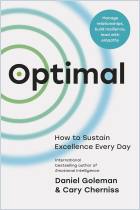

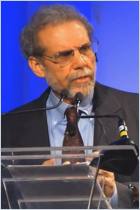
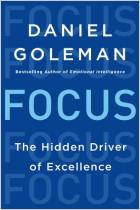

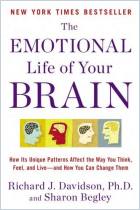



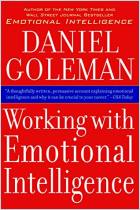
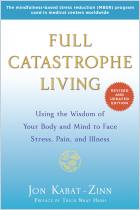




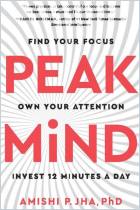
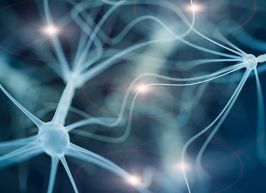

Comment on this summary or 开始讨论